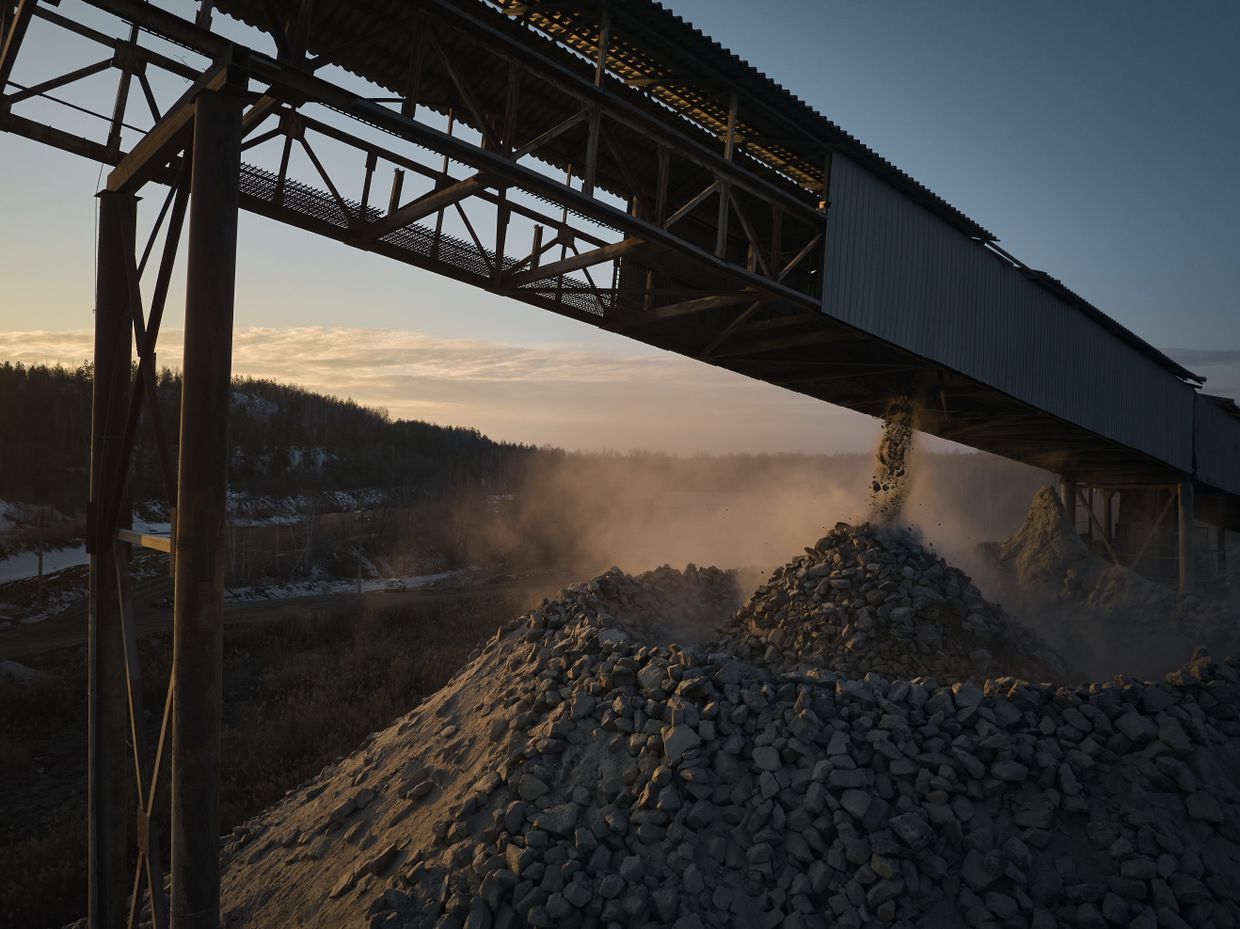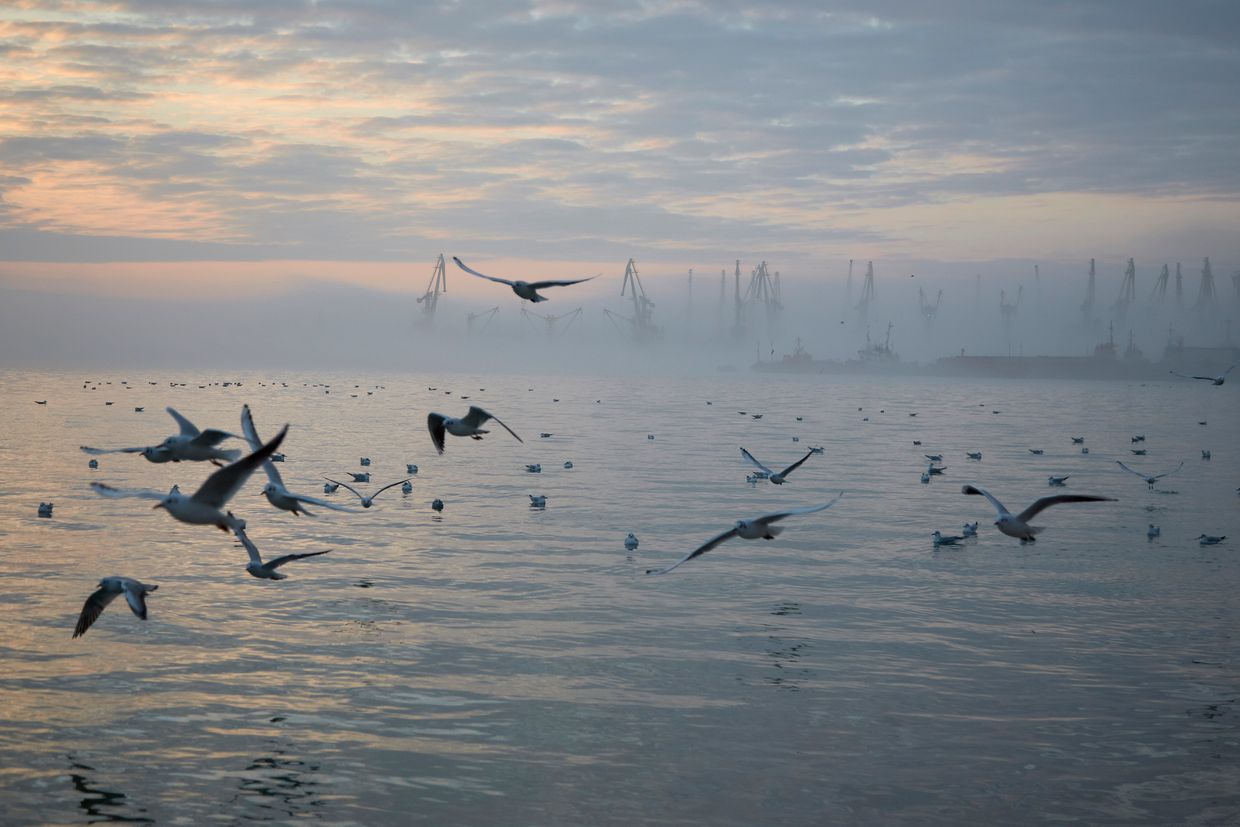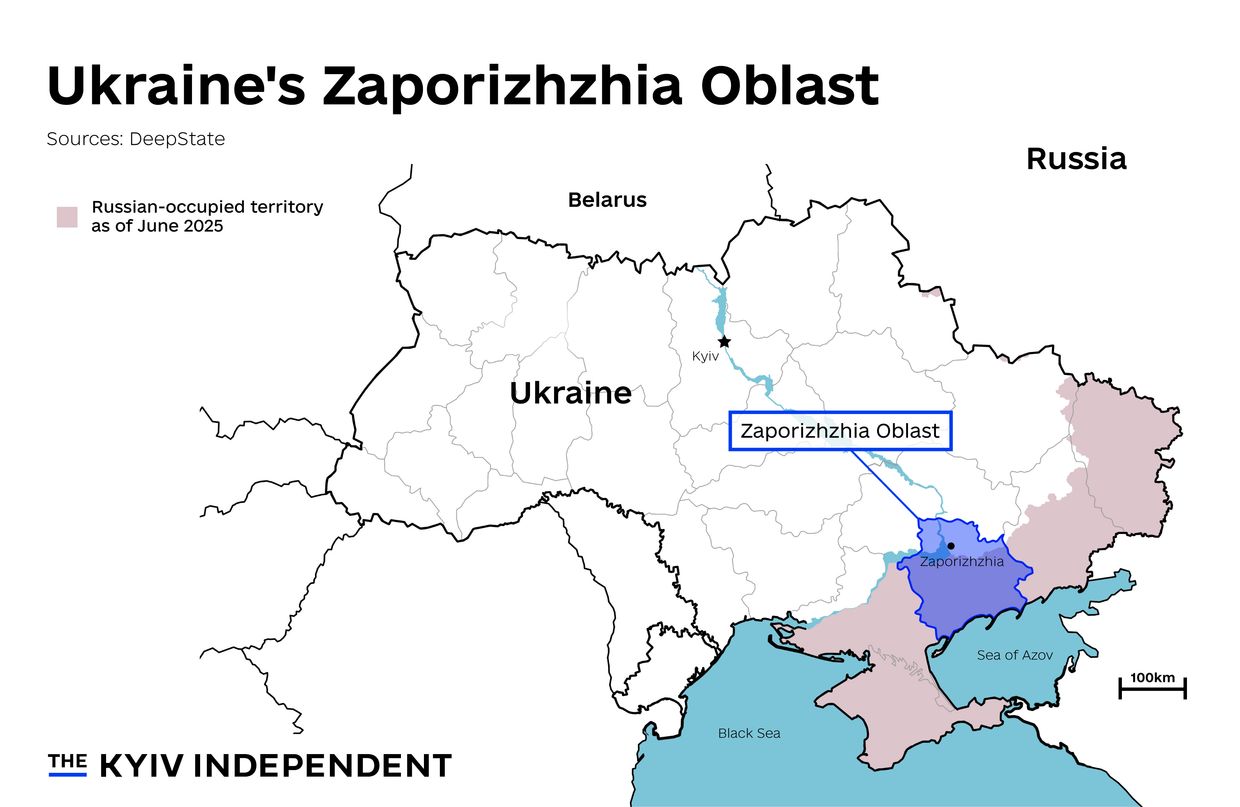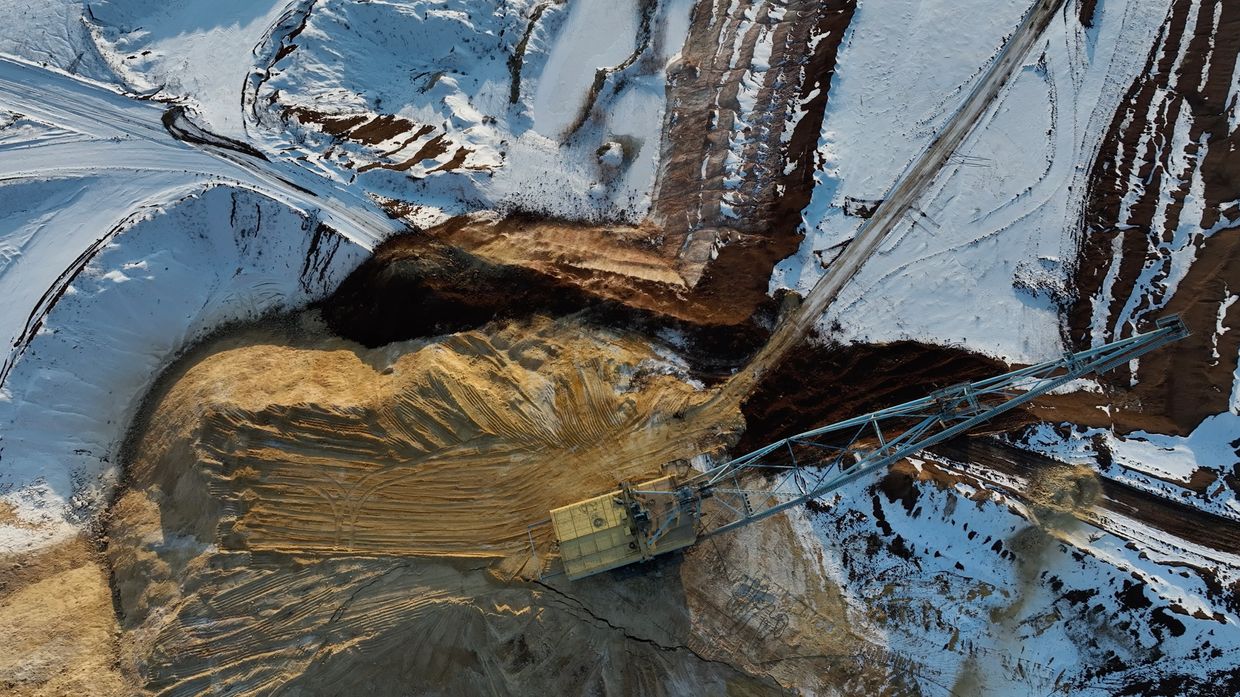Ukraine's Naftogaz brings new high-yield gas well online as country reserves run low
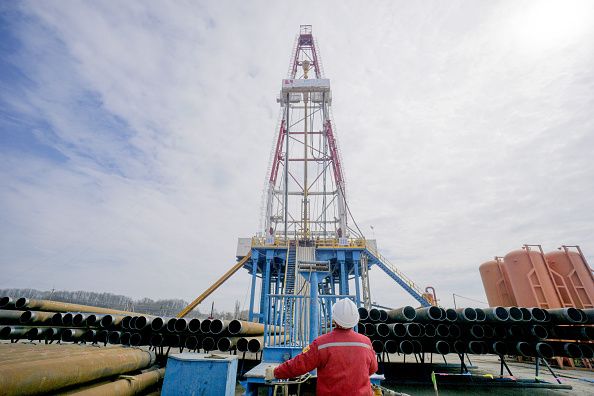
Ukraine's state energy giant Naftogaz has commissioned a new exploration well producing 383,000 cubic meters of natural gas per day through its subsidiary Ukrgazvydobuvannya, CEO Sergii Koretskyi announced on July 8.
The 5.7-kilometer deviated well was drilled and commissioned six weeks ahead of schedule as Ukraine works to boost domestic production amid Russian attacks on its energy infrastructure, including gas storage facilities in western Ukraine.
"This is a significant achievement, given the country's need for gas," Koretskyi said.
Naftogaz produces the lion's share of Ukrainian gas, but its production facilities were severely damaged in a series of Russian missile strikes earlier this year, reducing production by as much as 40%.
According to data from Naftogaz, Ukrgazvydobuvannya lost about 50% of its production due to shelling.
Ukrgazvydobuvannya managed to increase commercial gas production to 13.9 billion cubic meters (bcm) in 2024 compared to 13.2 bcm in 2023, commissioning 83 new wells despite wartime conditions.
Ukraine previously produced 52 million cubic meters daily before Russia's full-scale invasion, but required 110-140 million cubic meters during winter months, covering the shortfall from underground storage.
Russian strikes have repeatedly targeted Ukraine's gas infrastructure, including a February 11 combined missile and drone attack that damaged Naftogaz production facilities in Poltava Oblast.
To secure winter supplies, Naftogaz has signed four contracts with Poland's Orlen for delivery of 440 million cubic meters of U.S. liquefied natural gas. The latest agreement, announced July 2, covers an additional 140 million cubic meters.
According to Bloomberg estimates, in 2025 Ukraine may import a record 5 billion cubic meters of gas from Europe.
Ukraine's gas storage situation has also deteriorated significantly, with underground reserves falling to 6.02 bcm as of May 11 — the lowest level in at least 11 years.
The facilities are operating at just 19.4% capacity, with 2.79 billion cubic meters less gas available than the previous year.
 The Kyiv IndependentDominic Culverwell
The Kyiv IndependentDominic Culverwell